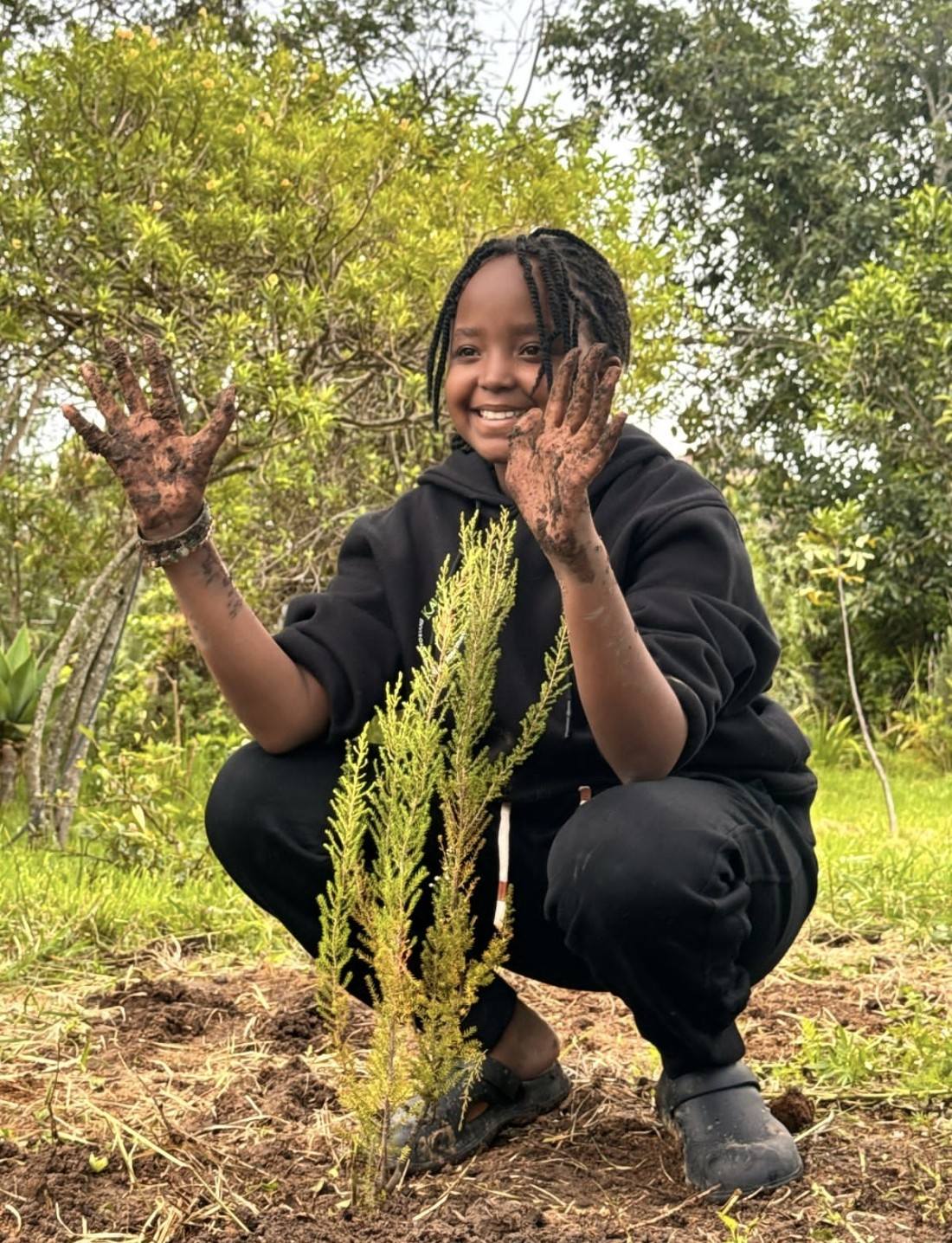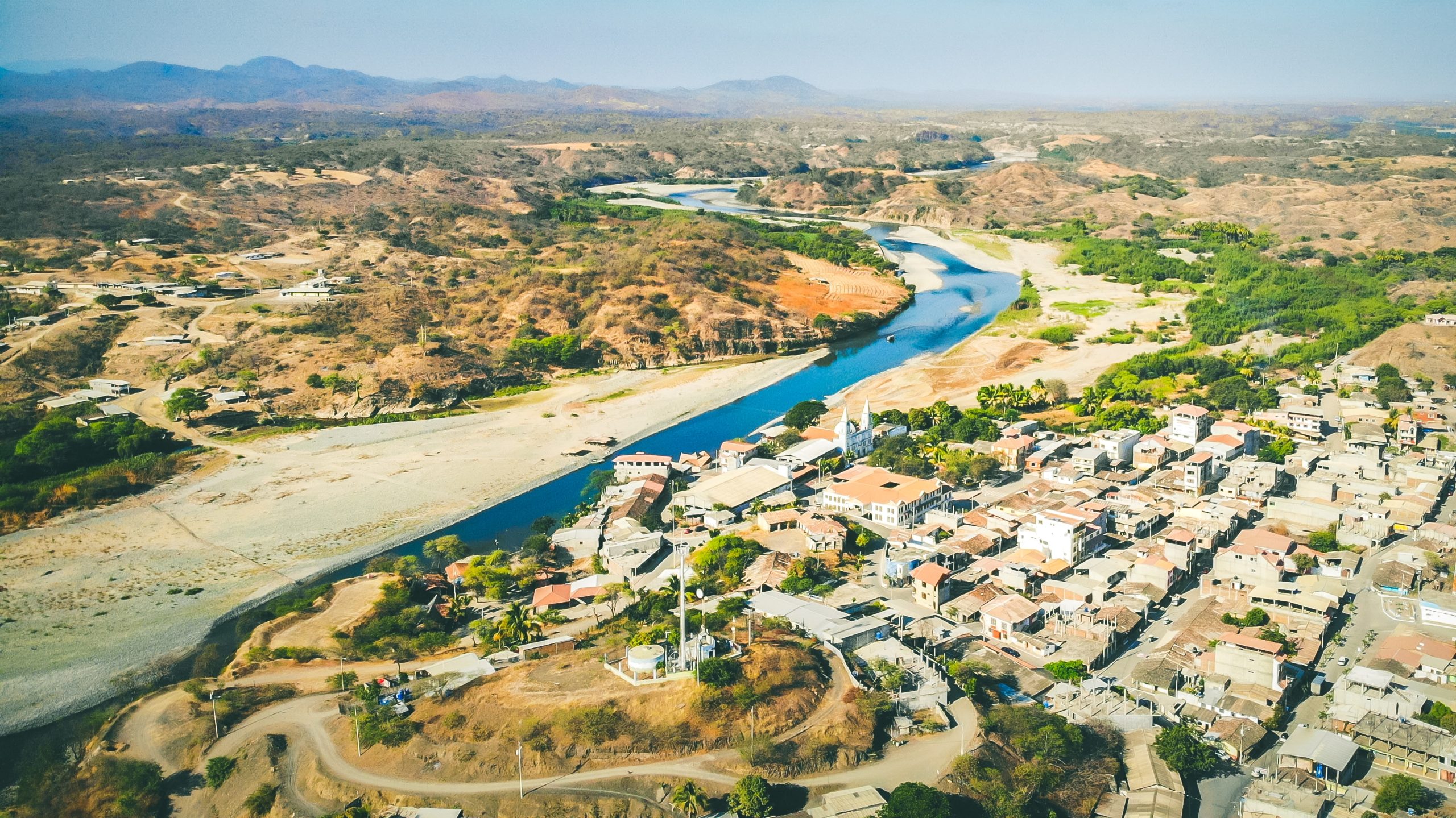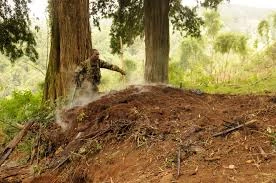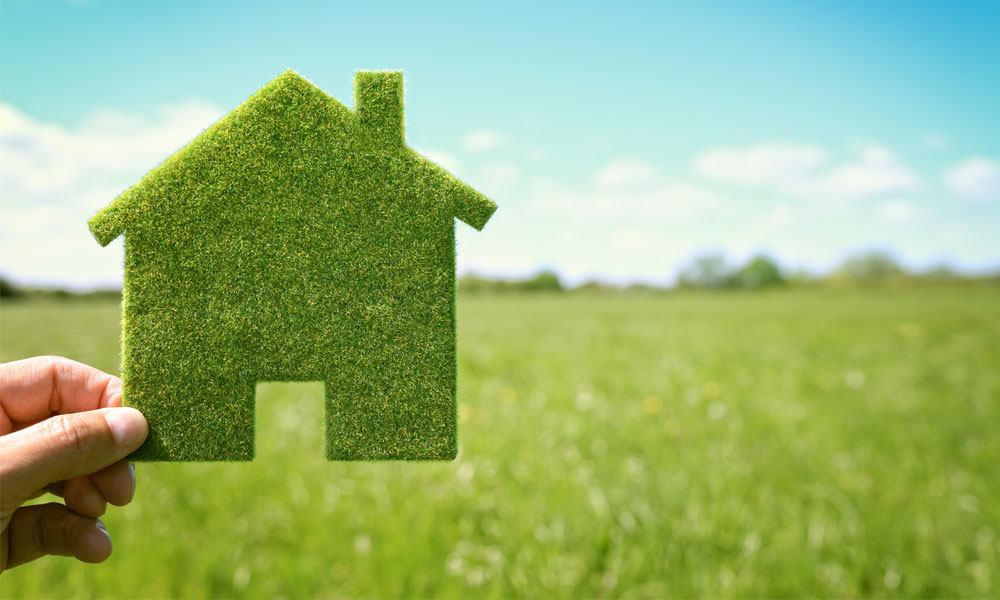At the tender age of 13, Karen Kimani a young Kenyan environmentalist is already a force to be counted with in the climate movement of Africa. The Kenyan activist found herself speaking out after being left behind at Africa Climate Summit 2 in Ethiopia.
Karen was a key child voice at the first Africa Climate Summit in Nairobi in 2023, helping write the Children’s Climate Declaration, which called for more child-centered climate action and policies. For months, she had been planning to go to the summit this year, working with children on a follow-up declaration to assess what had been done. But with just days to go, she was told she wouldn’t be attending.
”It’s actually unfair when organizations intended to assist kids in climate areas end up disappointing us,” she posted on a tearful post shared on her social media outlets.
Karen clarified that she and her peers had used their school holidays researching, writing, and making arrangements for the summit. They were told they would receive travel and arrangement help assistance that did not come.
” I was really hoping to observe what sort of impact the first declaration would have,” she said. “But again, children are being used and exploited in climate spaces.”
Children like Karen are more than symbolic figures they’re informed, loud, and committed to making the world a better place. Karen has been an outspoken environmentalist for years and her leadership of the 2023 Children’s Climate Declaration brought youth voices from across the continent to the fore.
This year’s Africa Climate Summit 2 brings together heads of state, ministers, civil society, and the private sector to discuss Africa’s future on climate. But without young individuals such as Karen in the room, can it truly be inclusive?
“You cannot claim to represent future generations if you’re not even willing to listen to us now,” Karen said. “This is about justice. It’s about equity. And it’s about making sure the people most affected by climate change have a real say.”
As the climate crisis worsens, It’s time to hear children not just when it’s easy, but particularly when it’s most needed.





